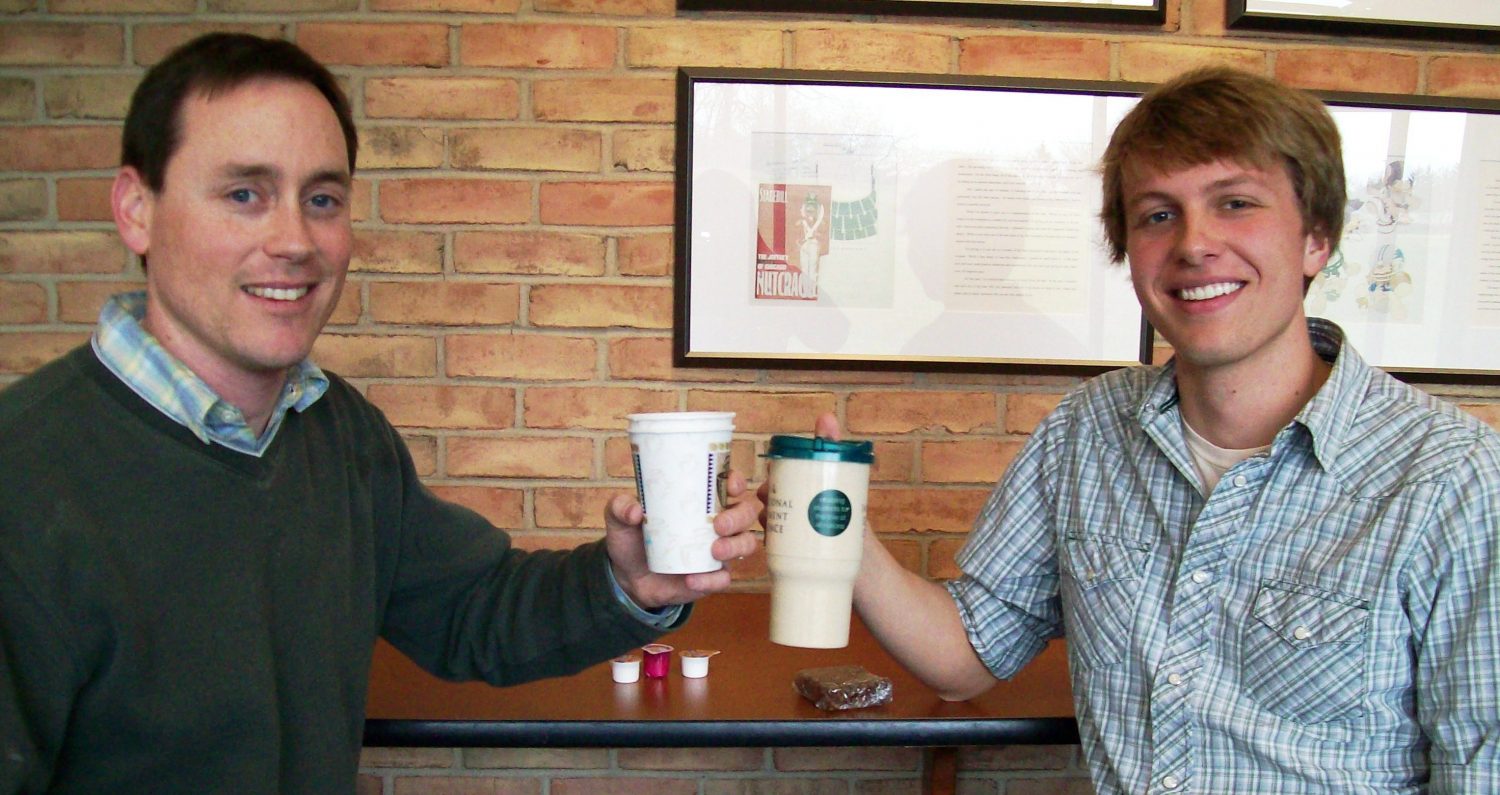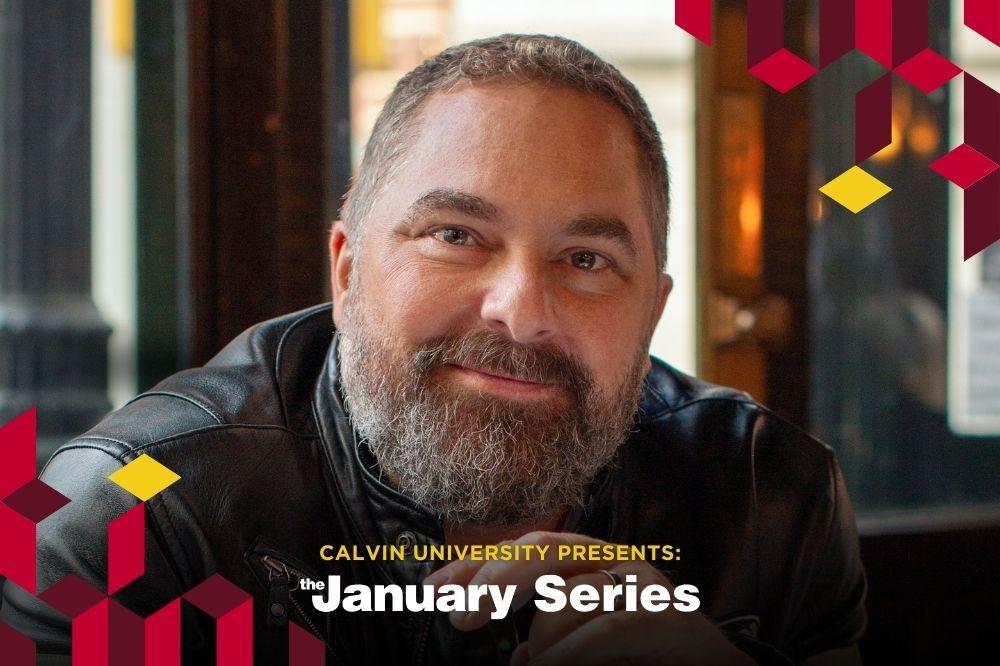I often tell people that I’ve learned just as much at Calvin outside the classroom as inside.
And while that might seem like a subtle dig at academics here (it’s not), I mean it as a tribute to the quality of the people who have shaped me over my four years.
I’ve learned a lot through hands-on leadership opportunities here at Chimes, on student senate and as a worship apprentice, but the most influential experience I’ve had at Calvin has been my mentoring relationship.
If you don’t have a mentor, I’d strongly encourage you to get one. It doesn’t have to be anything official: just grab coffee once per month with someone you respect and find out what makes them tick.
I’ve had a mentor since my second semester at Calvin and, to be honest, God just kind of dropped it into my lap: she was my prelude professor and after a one-on-one meeting, I knew that I wanted to become more like her.
That’s the first step to a successful mentoring relationship in my book: I identified someone I respected and wanted to learn from.
Then I asked good, hard questions to try to figure out what they knew that I didn’t know. What exactly is it about them I respect? What are they doing that I’m not doing and how can I do that in my own life?
Often times, mentoring relationships are about what’s going on right now — classes, relationships and problems.
But I think the most important thing a mentor can do is shape your thinking for down the road. They shape your framework for considering the pressures and biases of important decisions.
So while what I’ve learned does apply to tough calls we make every week at Chimes, I know the principles will shape my decision-making in a future job too.
But mentors shouldn’t only focus on professional roles.
One of my hardest struggles being on leadership for Chimes is not being able to make everyone happy.
I’m a people pleaser, and a student newspaper is not a good place for someone who doesn’t want anyone to be upset with them.
Thankfully, my mentor also deals with public criticism, and she’s had years of experience learning not to take that criticism personally.
So I’m finally getting the hang of how to distinguish between Ryan and Ryan-comma-editor-in-chief, and almost all of that credit goes to my mentor.
And that’s why I’m so thankful for my mentor: I know I’m becoming better at doing life.
Some of the most formative years of our lives are spent here at Calvin. Let’s make sure we’re being formed by the right people in the right way.




